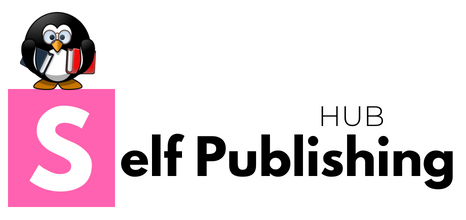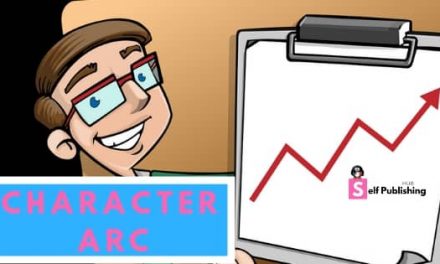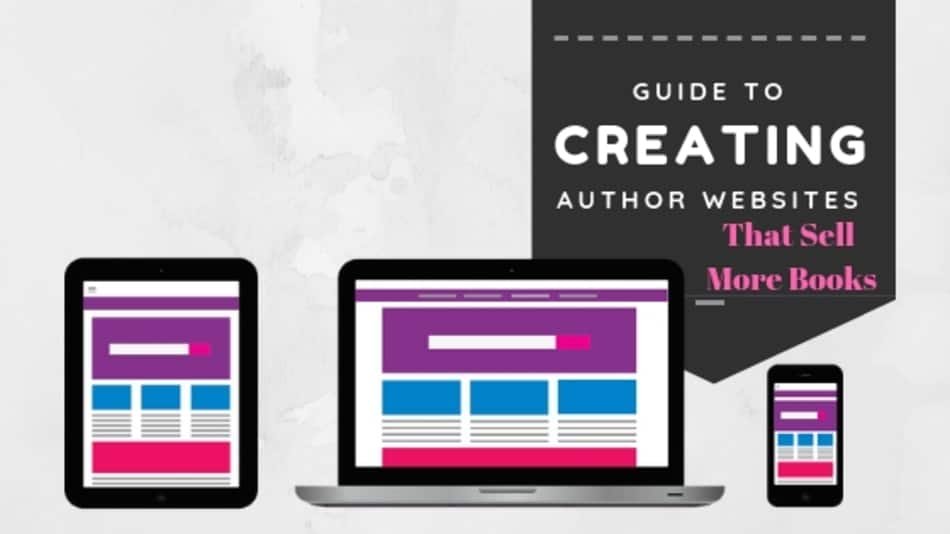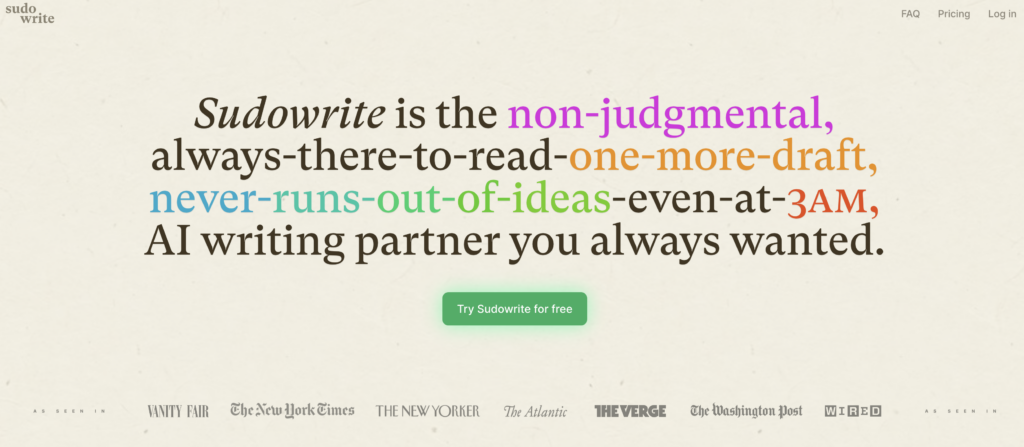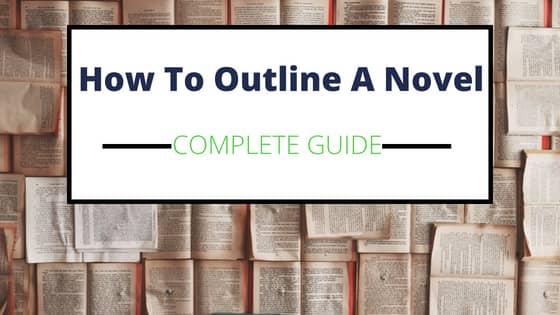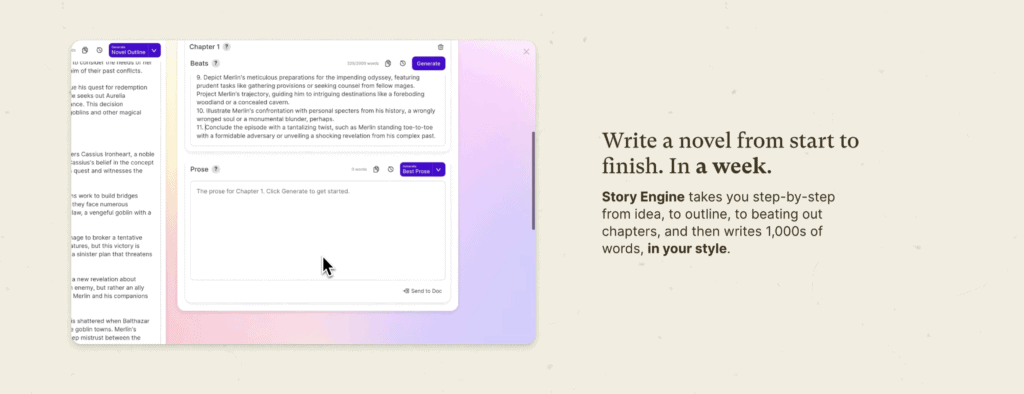Disclosure: The content on this site is free. Some of the links below are affiliate links from companies like Amazon.com and if you click the links and make a purchase we will receive a small commission at no additional cost to you. Thank you in advance if you decide to support our site by using our affiliate links!
So if you are like me and most other authors, potential book concepts are plentiful and choosing your next project carefully is really important.
There are many things to consider before diving into your next 50,000+ word journey. But one consideration that is often overlooked is how to pick the book Genre to write in.
In this article, we will look at the process of choosing a book genre and what you should consider when doing it.
Article Topics
What is the definition of a book Genre?
First let’s define what a book Genre is. A genre is a form of literature that is used to describe the works in a subset of works that share common criteria. Genre’s are essential in aiding readers sort and find books that fit within an accepted set of conventions commonly associated with that particular genre.
Works within a certain literary genre can share conventions in tone, content, or literary technique. These compositions are lumped together in Genres to help the reader segment them from works outside the genre.
Genres are not exclusive to literary works, they can apply to any form of communication, including spoken, written, or artistic.
Think of your novel’s genre as a socially accepted set of stylistic conventions that helps to classify and identify your book to potential readers looking for similar content.
Why does it matter what Genre you write in?
Now that we’ve defined Genre let’s take a closer look at why choosing the right genre matters so much. Genres are always evolving, and new literary genres are always being added as the culture changes.
With that being said, not all genres are created equal. So it’s really important you understand the pros and cons of any genre you are thinking about writing in, before you choose it.
But for this question, let’s look at the question from two different points in the self-publishing journey.
Importance of Genre selection before you start writing:
If you are in the early stages of planning your next novel then genre becomes very important as it will help you understand what conventions your readers will expect from your next novel. You will want to make sure that you fulfill these reader expectations so they are satisfied and entertained by your story.
Make sure you fully understand those expectations and then over deliver on their them. The best way to do this is to make sure you have read the best selling titles in that genre to ensure you fully understand what readers want.
There is a very popular self-publishing book called “Write to Market” by Chris Fox that explores the concept of writing with the end goal in mind, the end goal, in this case, being book sales. Selecting the genre is an important part of writing to market, as you really need to understand your market and exactly what they are looking for so you can deliver a book that will be well accepted and keep ringing that self-publishing cash register.
You also need to know the size of the market you are trying to sell into so you can have proper expectations, but we will take a closer look at the top 10 U.S. ebook genres in 2017 later in this article.
Importance of picking the right Genres if your book is already written:
If you have already finished your book and are now looking at ways to promote it, well then picking the right genre ensures you place it in the correct section of Amazon’s massive catalog.
Picking the right genre in Amazon can mean the difference between success and failure. There is a lot to consider when choosing the right genre for your book. Yes, your book can be in more than one genre, in fact, most novels fit into multiple genres.
But make sure you know your main genre, and make sure you don’t overstretch with your genre selections.
When picking a genre in Amazon make sure you keep your readers in mind by asking yourself this question: Will readers in this genre feel completely satisfied with my novel. If the answer is anything but a resounding YES, then you may want to reconsider placing your book in that genre.
Like I said earlier not all genres are created equal in terms of size, readership, or potential income. So it’s important you know that. If you are going for a #1 bestseller tag, then selecting the right category in Amazon can make it happen. Some categories are so small that you can become #1 bestseller in that category by selling only a handful of books per day. Other categories are so large, that you would need to sell thousands per day to hit that same #1 bestseller status. So pick wisely, and with your readers in mind and you will be in great shape.
What were the top-selling Ebook Genres in the U.S for 2017.?
- Literature and Fiction – $330,000,000+
- Mystery, Thriller & Suspense- $187,000,000+
- Romance- $162,000,000+
- Science Fiction and Fantasy – $82,000,000+
- Business and Money- $41,000,000+
- Religion and Spirtuality – $36,000,000+
- Teen and Young Adult- $34,000,000+
- Biographies and Memoirs- $33,000,000+
- Health, Fitness and Dieting-30,000,000+
- History- $29,000,000+
These are numbers are courtesy of the AuthorEarnings.com, you can read more about the 2017 Author earnings here.
How to Choose a Genre to Write in?
- First, you need to know what Genre’s you enjoy the most. Writing a book takes time and finishing it is a huge commitment. The world is littered with half-finished books that author’s abandoned when their initial passion burned out. So make sure you choose a genre you enjoy. One of the benefits of self-publishing is that you have total control over what you write. So take advantage of not having to answer to a traditional publisher and make every project a passion project. Just make sure you understand what that means in terms of potential sales so you know exactly what you are getting into.
- Second, make sure you have experience reading in that genre. So you have intimate knowledge of what successful titles in that genre offer a reader that you should emulate. If you don’t read it you should at least ask yourself: “Do I really want to write it?”
- Third, know your goals for the book before you write it. If the piece is a pure passion piece that you just need to get out into the world then that’s one thing, but if you are writing with book sales as your number one focus, then make sure there is a good balance of demand and competition.
- Fourth, consider what this genre does for your book catalog. Are you building up a burgeoning reader base that has fallen in love with your dystopian fantasy, then you might want to consider that before writing a historical romance. You need to fully understand what your back catalog says about you as an author, and with that, what your readers have come to expect from you. It’s ok to bounce genres just be upfront with your readers so you don’t alienate them or leave them confused when they read your newest release. Understand that if you choose to write something completely new, you are probably leaving any momentum you have from the fanbase you have cultivated with your other titles.
- Fifth, Do you know where to find readers for the genre you are choosing. If you aren’t an active member of this readership community, you need to at least make sure you know where to go to become one. The last thing you want is to publish a book and not know where your potential readers hang out and how to market to them.
How do you add categories on your Amazon titles?
There are 3 different types of categories you can add to your novel when uploading it on Kindle Direct Publishing.
Categories you can pick
When you upload your novel into kindle, go to your bookshelf and there you will be able to select categories (based on your genre) to add your book to.
Locked Categories
There are a few categories that are locked by Amazon, that you can’t pick on your own and must be unlocked and assigned by Amazon.
These locked categories include Kindle Singles, Kindle Short Reads, and Single Issue Comics.
Categories with Keyword Requirements
There are several categories that can be unlocked by simply adding the selected keywords to your Kindle listing.
To do add your Kindle book to categories that have keyword requirements follow these steps.
- Step 1: Visit this Page to get a list of keywords by category
- Step 2: Expand the Categories that Require Keywords Section
- Step 3: Select the Parent Category from the list.

- Step 4: View the subcategory/genre you are looking for and note the keywords that need to be adding to your listing under “keywords” to qualify for that category. Here is what one of those pages looks like.

- Step 5: Add the desired keywords to your book listing under keywords to add your book to the appropriate genre. So if I wanted to be added to Comics & Graphic Novels/Steampunk, I would add the keyword “steampunk” to my listing.
The conclusion of our how to choose the right book genre for your book.
I hope this article has made it a little easier to understand what Genre is, why it’s important, and the most important things you should consider when picking your Genre.
In the end, putting your book in the wrong genre won’t guarantee failure, but it definitely means launching your book with a serious disadvantage.
Pretend you have written the best book ever for a very specific set of readers, but those readers only visit the first floor of the library. But when you launch your book you decided to put it on the 2nd floor, you would never get your book in front of the readers that would appreciate it most.
You would have to first get a bunch of wrong readers to read and then like it, even though it’s not really their thing, to begin with, so eventually, the word might one day get down to the first floor. It’s possible but much harder. So make sure you put some thought into picking your Genre prior to writing, and definitely before adding into the Amazon library.
Thanks for reading and more importantly writing!
